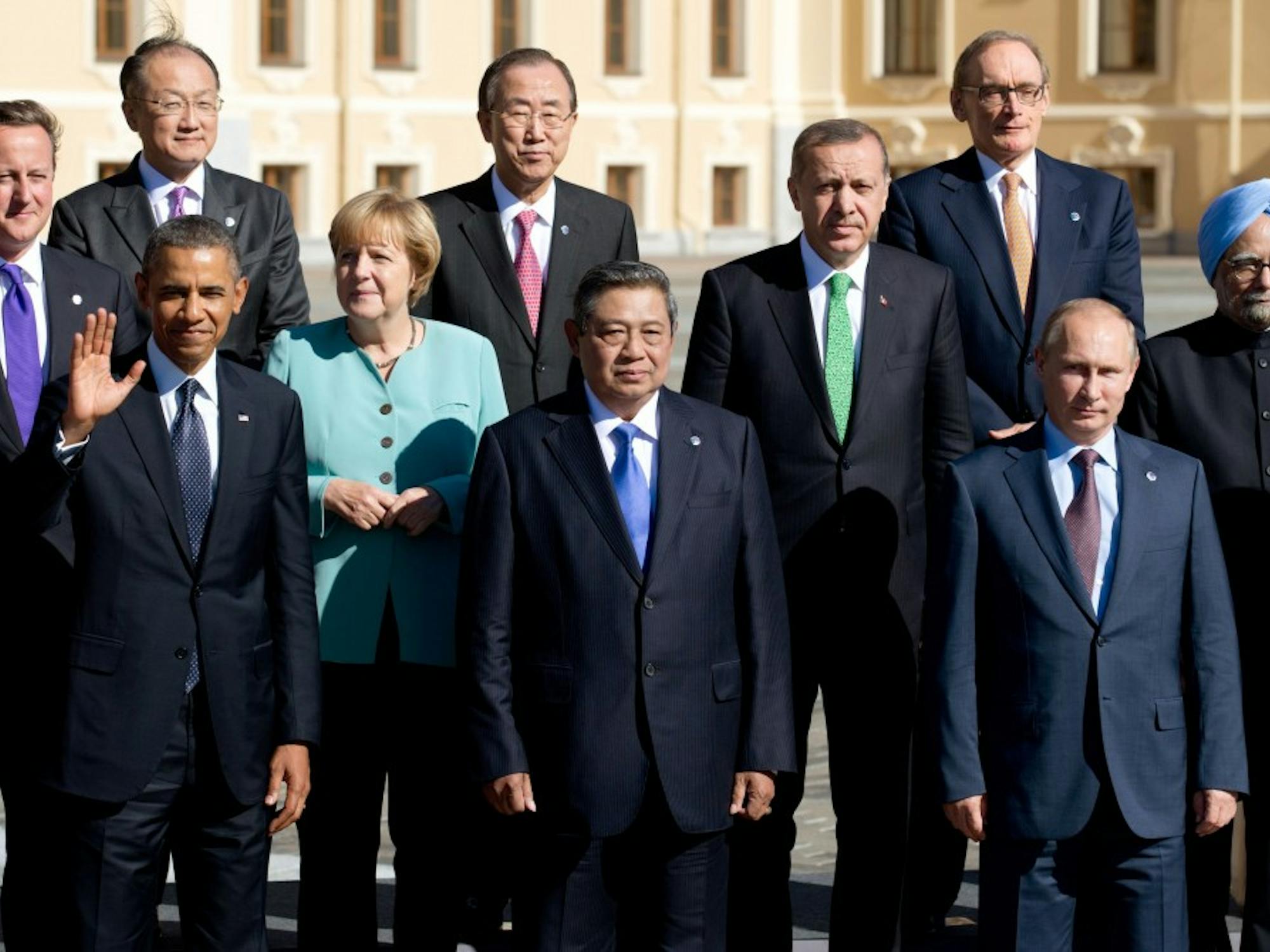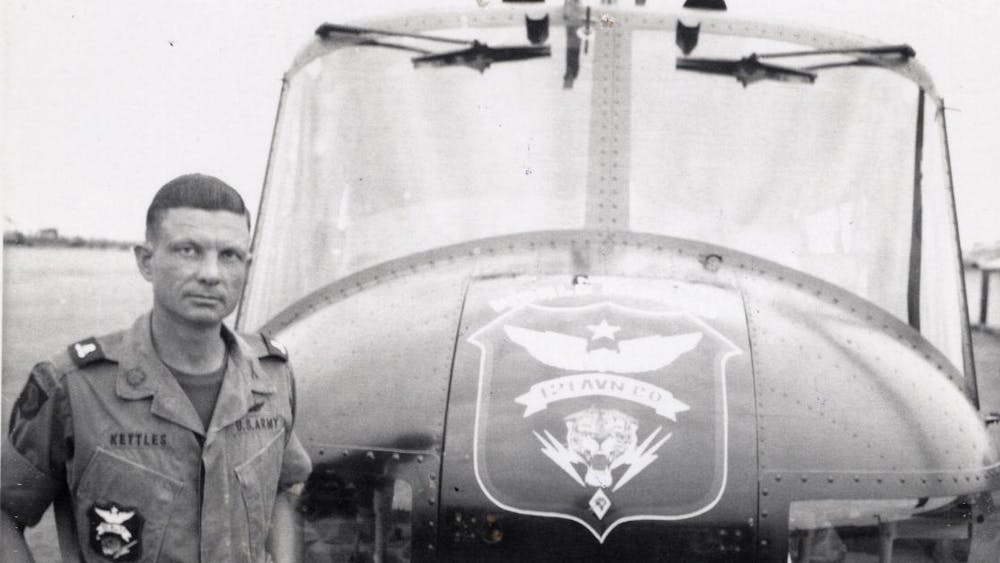Vladimir Putin, president of Russia, took center-stage in the continuing conflict with Syria with an opinion editorial in The New York Times on Thursday. He sought to “speak directly to the American people” and plead for a stop to the United States’ military pressure on Syria.
“A strike would increase violence and unleash a new wave of terrorism,” Putin said in the editorial.
He highlighted what he felt to be the naivety of the U.S. for believing that Syria is fighting a battle for democracy.
“There are few champions of democracy in Syria,” he said.
Putin went on to criticize the U.S. military action around the world.
“Millions around the world increasingly see America not as a model of democracy, but as relying solely on brute force,” he said.
He emphasized the fact that Russia has “advocated peaceful dialogue” with Syria, not in an attempt to protect Syrian government, but in an attempt to protect international law.
Putin’s picture of a peace-making Russia has stirred up skepticism in some Eastern Michigan University students, including junior Adam Smiddy.
“I don’t think [Putin] is concerned with peace,” Smiddy said. “More conflict is better for Russia. The more Syria needs his help, the more he gets out of Syria in the future.”
Freshman Victoria Scaggs was unimpressed by Putin’s accusations. She said she doesn’t believe the U.S. wants to be involved in any kind of war.
“Since we are pulling out of Iraq and recently refused to help Egypt, it seems to me like we are trying to stay out of that kind of stuff,” Scaggs said. “They got us involved.”
Dr. Christine Tracy, a journalism professor at EMU, takes a different stance.
“I would hope Putin would be using his power as a prominent world leader to promote peace,” Tracy said.
She also brought up the point that the opinion editorial came through the high-power, high-priced PR firm Ketchum in New York City.
“This editorial was carefully thought out by both the Russians and the Americans,” Tracy said.
Graduate student Ashley Bonner highlighted the importance of standing by the president. She said she feels strongly about trusting in him.
“I really agree with everything [President Obama] said,” Bonner said. “I usually trust his perspective.”
Scaggs also agreed with Bonner.
“A diplomatic resolution is for the best and will happen,” she said.
Saturday, after Putin’s opinion editorial was published, the U.S. and Russia came to an agreement on framework for extracting Syria’s chemical weapons without military force.
Secretary of State John Kerry stated Syria will be required to produce a comprehensive list of its chemical weapons within one week, and international inspectors will arrive no later than November.
Tracy felt the American people witnessed a dance between two world leaders this week, between Obama’s speech on Tuesday with his notion to continue to put military pressure on Syria and Putin’s opinion editorial promoting peaceful resolution on Thursday. She said she believes this may have contributed to the agreements the U.S. and Russia reached on Saturday.
Smiddy said he is not sure about a diplomatic resolution and disagrees with Putin’s read on the U.S.’s motivation for military action.
“It’s not about championing democracy, it’s about getting a variable out of the equation,” Smiddy said. “The variable here is chemical weapons.
He said he believes the extraction of Syria’s chemical weapons is President Obama’s only concern.








